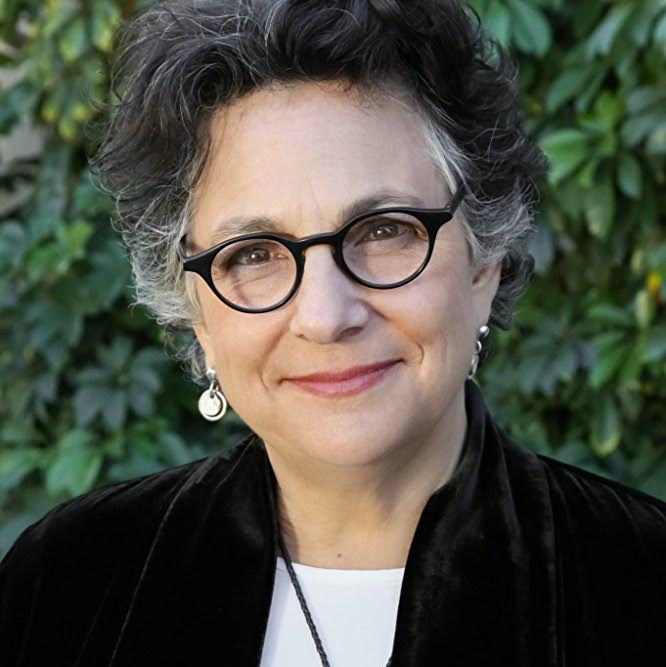
Reckonings explores the impact of compensation on the survivors, Israel and on Germany itself. As one interviewee states: “In the last seventy years, we have discovered that reparations not only help the victims, but the perpetrators as well. An honest confrontation with your past is the best way to build a better future.”
Roberta Grossman, Writer/Director/Producer
When asked to direct Reckonings, the story of the groundbreaking Luxembourg Agreements, I welcomed the opportunity to investigate not the Holocaust itself, but the aftermath for survivors, the Jewish world and Germany.
The story goes far beyond the Holocaust and could not be more relevant to the current day. The Luxembourg Agreements, signed in 1952 by three entities that didn’t even exist before the war (Israel, West Germany and the Claims Conference) set in motion the very first reparations ever paid by a state to individuals they harmed.
This unprecedented achievement would never have happened save for the efforts of visionary individuals who overcome all odds to do the impossible — to sit across the table from representatives of the very people who had committed the greatest genocide in history. They did it to help the survivors who, as one negotiator said, “lost everything. They had only the tattoos on their arms.” It also required the foresight of leaders on the German side, who had the courage to face and acknowledge their country’s unfathomably evil acts and open themselves up to a reckoning.
Reckonings explores the impact of compensation on the survivors, Israel and on Germany itself. As one interviewee states: “In the last seventy years, we have discovered that reparations not only help the victims, but the perpetrators as well. An honest confrontation with your past is the best way to build a better future.”
I hope that Reckonings can provide some hope for solutions to seemingly intractable problems.
